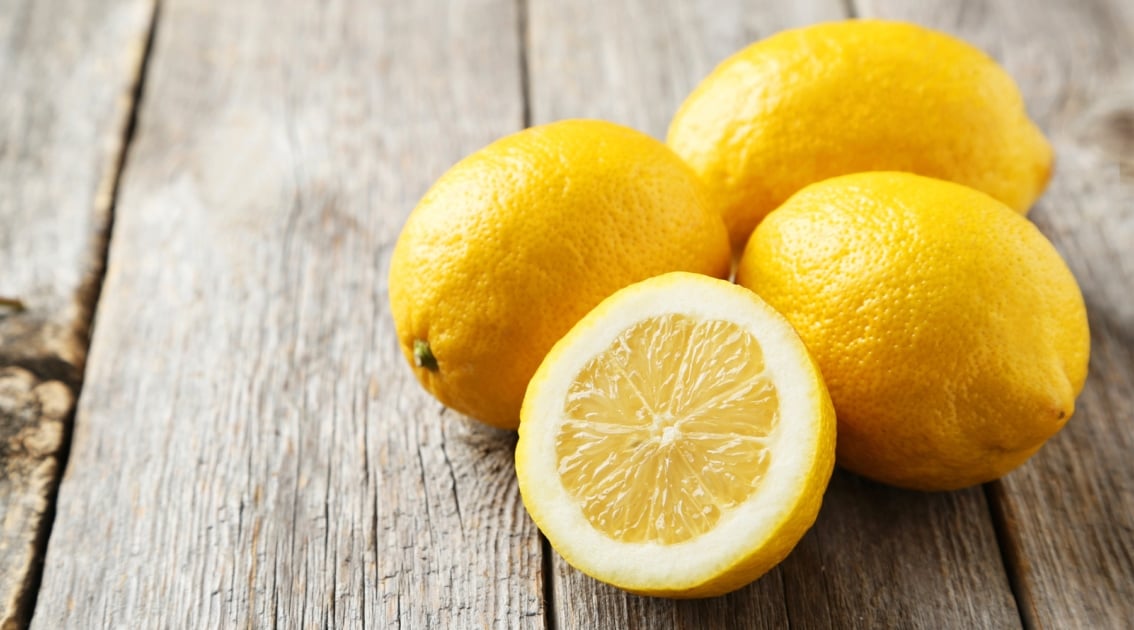Farmers’ Almanac Lemon Recipe Winners
Check out the winning recipe from last year's cooking contest! It's one of our staff's new favorites!

Our Lemon Recipe Contest announced in the 2016 Farmers’ Almanac received over 100 yummy recipes and we had a delicious time making and tasting them. We chose three winning recipes to feature in the 2017 Farmers’ Almanac as well as awarded cash prizes to the winning cooks.
Here’s our First Place Winning Lemon Recipe:
1st Place
$250 Winner
Emily Hobbs
Hazelwood, Missouri
Moroccan Lemon Toasted Chickpea Orzo Salad

- 1 1/2 cups dry orzo pasta (about 9 ounces)
- 4 teaspoons olive oil, divided
- 1 (15-ounce) can chickpeas, drained, rinsed
- 1/4 cup fresh lemon juice
- 2 teaspoons minced garlic
- 1 1/2 teaspoons lemon zest, finely grated
- 1 teaspoon fresh ginger root, minced
- 3/4 teaspoon ground curry powder
- 3/4 teaspoon freshly ground black pepper
- 1/2 teaspoon salt
- 1/2 cup pitted dates, coarsely chopped
- 1/4 cup pitted assorted olives, coarsely chopped
- 1/4 cup feta cheese, crumbled
- 1/4 cup flat leaf parsley, coarsely chopped
Bring a large pot of water to a boil.
Stir in orzo, and cook 8–10 minutes, stirring occasionally, until cooked al dente; drain and reserve in large pot.
Heat 1 teaspoon of olive oil in a large nonstick skillet, over medium-high heat, until hot.
Pat the chickpeas dry, using a dishtowel, then add to skillet.
Cook the beans for 6–8 minutes, stirring often, until light golden brown, and fragrant; add beans to orzo.
In a small bowl, whisk together the additional 3 teaspoon olive oil, lemon juice, garlic, lemon zest, ginger root, curry powder, pepper and salt, until well combined.
Drizzle the mixture over orzo, and stir well to combine.
Stir in dates, olives, feta, and parsley, until well combined. Serve warm or chilled.
2nd Place
$150 Winner
Lemon Thyme Chicken
Rajane Williams
Schertz, Texas
3rd Place
$100 Winner
Spicy Lemon and Curry Soup
Cynthia Knight
North Attleboro, Massachusetts
Check out on the new food ingredient for our recipe contest and how to enter!
This article was published by the Staff at FarmersAlmanac.com. Any questions? Contact us at [email protected].







YUK!!
What a small world, sister-in-law!
Moroccan Lemon Toasted Chickpea Orzo Salad is something I will make and pass on to others. It is meatless and Rice with any legumes always is a great base for salad building. Congratulation to Emily Hobbs of Hazelwood, Missouri for her winning efforts.